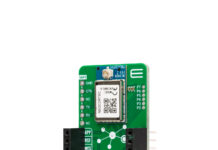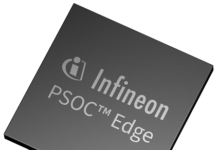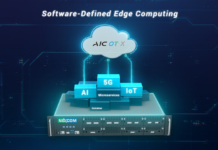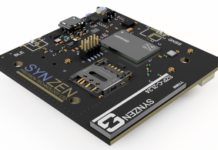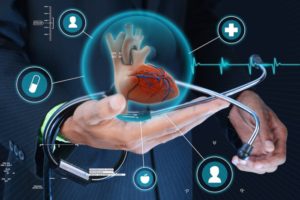
What are the benefits of Internet of Things in Healthcare? Not just doctors, even fitness freaks and ordinary citizens are eager to know about this.
“Do you know? 35 Million smart wristbands and fitness trackers are shipped worldwide. There is a mad rush for tiny devices (wearables) that help users to track and monitor their health on a real-time basis. (Statistia)”
These devices spare you the need to visit a doctor’s clinic to check vital health metrics like blood pressure, cardiac health, metabolism rate and so on.
And guess what? Internet of Things a.k.a IoT is the propelling force behind this revolution in healthcare industry.
Why else would large companies like Apple, Microsoft, Intel and the likes invest millions of money into sensor-based healthcare systems?. Apple is said to have recently acquired a sleep tracking company. Microsoft has introduced its own range of IoT solutions for healthcare consisting of remote patient care, vital equipment maintenance, equipment usage and much more. Similarly, a handful of Asian companies have also devised specific IoT solutions targeting the healthcare industry.
There is much more happening in the healthcare industry with IoT as the bedrock technology. This article takes a peek into how IoT will change the healthcare industry through remote patient monitoring, media assets management, emergency care and much more.
#1 Enables Remote Patient Care
Remote patient monitoring for patients will be one of the striking benefits of IoT in healthcare. Healthcare professionals including doctors, general physicians, nurses and patient guardians will be able to have a real-time visibility of patient activity.
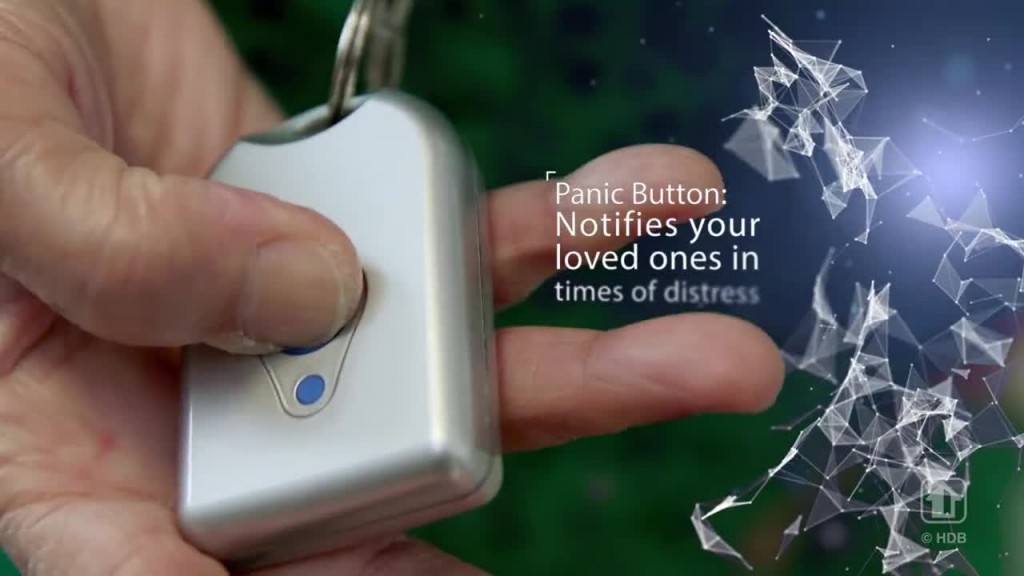
Singapore has already implemented a sensor-based Elderly Monitoring System that helps office working family members to receive alerts when the health condition of their home living elderly parents or dependents deteriorates or exhibits abnormal behaviours.
#2 Immediate First Aid Locator
Benefits of internet of things in healthcare include location based fitness wearables that alert first aid personnel when an individual suffers an accident or is in need of medical help. This is particularly possible and has large scope in smart cities or in neighborhoods where citizens use healthcare wearables in large scale.
IoT based first aid locators will help curtail loss of life in fatal conditions through remote consultations or immediate coordination with healthcare professionals in near vicinity.
#3 Helps Maintain Medical Equipments
Medical equipment cost a ton. They are hard to replace too. More seriously, it is difficult to predict when they might have a malfunction which can cost lives. However, IoT with its embedded systems technology and sensors can predict when equipment might be nearing a stage of breakdown.
They analyse past behaviour of the equipment and their recent performance and draw predictive conclusions that help calculate downtimes well in advance. These kinds of iot healthcare benefits ensures that a hospital is able to plan for arranging alternative equipment to provide continuous care for the patient while the equipment is scheduled for maintenance.
The Future of IoT in Healthcare
IoT has already been established as a key enabler in several industries, healthcare being a major one where the positive impact is strongly visible. With IoT inclusion in healthcare, there will be an increased productivity of doctors thus helping treat patients better.
Secondly, predictive maintenance and predictive analysis will help save costs for hospitals that use sensitive medical equipment for life saving treatments.
Last but not the least, in the coming days it will open up new business models with doctors, clinics, medical reps and even pharma companies as major stakeholders.
What do you think about the future of IoT in healthcare? Do you know of real life examples of how IoT in healthcare is creating a positive impact.



